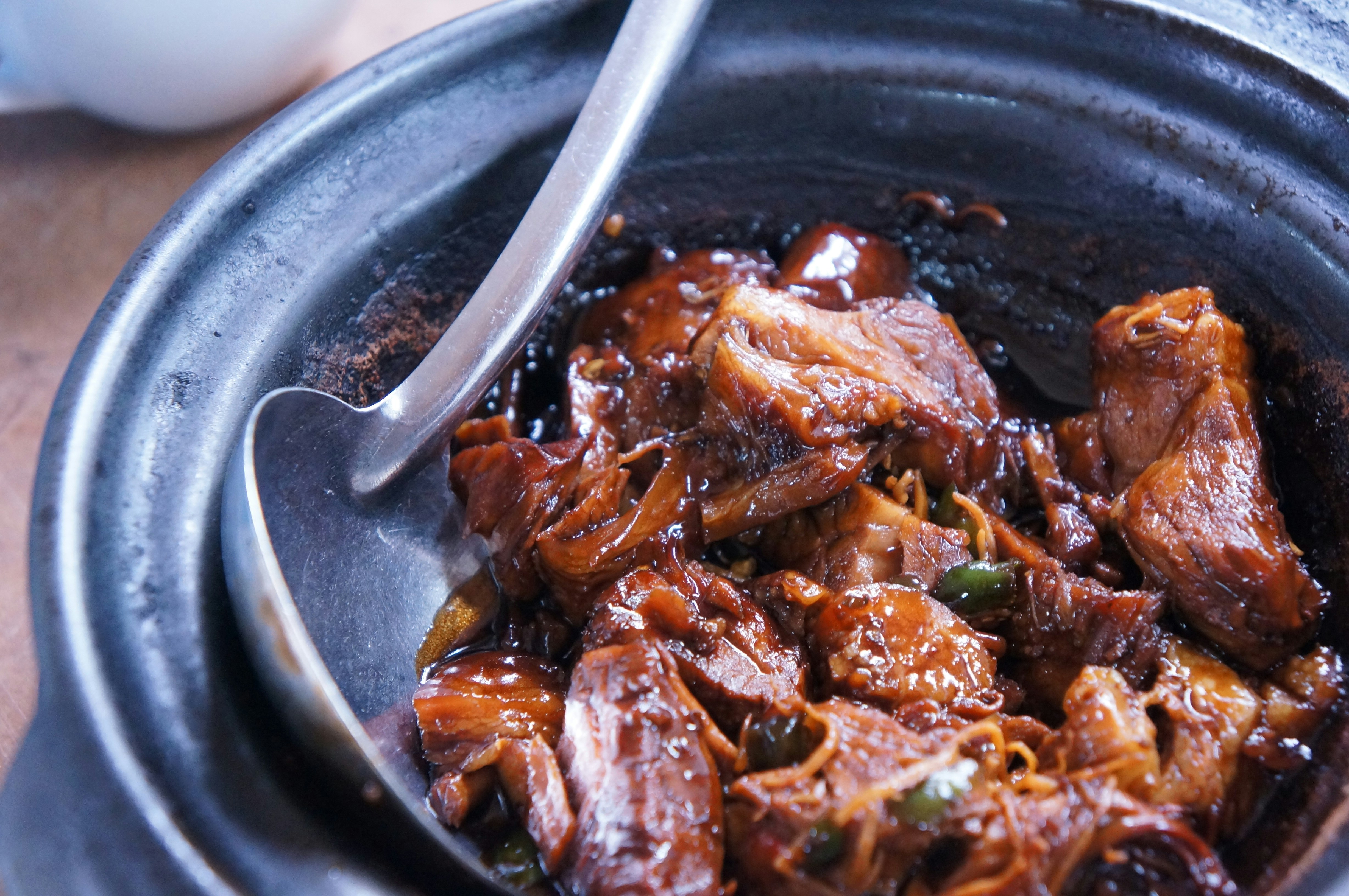What are the early symptoms of colon cancer?
Colon cancer is one of the most common cancers, but early detection can significantly improve treatment outcomes. Recognizing subtle warning signs, such as persistent changes in bowel habits, unexplained weight loss or blood in the stool, can lead to earlier diagnosis and improved survival rates. This guide explores key symptoms, risk factors and when to seek medical advice.

What Are the Early Warning Signs of Colon Cancer?
Recognizing the early symptoms of colon cancer can be challenging, as they often overlap with less serious digestive issues. However, being vigilant about changes in your body is crucial. Some of the most common early warning signs include:
- Changes in bowel habits
- Blood in stool or rectal bleeding
- Persistent abdominal discomfort
- Unexplained weight loss
- Fatigue and weakness
- Feeling that the bowel doesn’t empty completely
- Narrow stools
How Do These 7 Symptoms Together Increase Cancer Risk?
When multiple symptoms occur simultaneously or persist over time, it may indicate a more serious underlying condition. For instance, experiencing changes in bowel habits along with blood in the stool and persistent abdominal pain could be cause for concern. The presence of these symptoms, especially when accompanied by unexplained weight loss and fatigue, significantly increases the likelihood of colon cancer.
What Steps Should You Take If You Experience These Symptoms?
If you notice a combination of these symptoms, it’s essential to consult a healthcare professional promptly. Your doctor may recommend various screening tests, such as a colonoscopy, to investigate the cause of your symptoms. Remember that early detection greatly improves the chances of successful treatment.
Can Diet and Lifestyle Changes Help Reduce Colon Cancer Risk?
While some risk factors for colon cancer are beyond our control, such as age and family history, there are several steps you can take to reduce your risk:
- Maintain a healthy diet rich in fruits, vegetables, and whole grains
- Limit consumption of red and processed meats
- Exercise regularly
- Maintain a healthy weight
- Limit alcohol consumption
- Quit smoking
- Get regular screenings, especially if you’re over 45 or have a family history of colon cancer
What Foods Can Help Early-Stage Patients Recover?
For those diagnosed with early-stage colon cancer, nutrition plays a crucial role in recovery and overall health. Some foods that may be beneficial include:
- Leafy green vegetables: Rich in antioxidants and fiber
- Berries: High in cancer-fighting compounds
- Fatty fish: Provide omega-3 fatty acids, which may help reduce inflammation
- Whole grains: Offer fiber and essential nutrients
- Lean proteins: Support muscle maintenance and recovery
- Probiotic-rich foods: May help maintain gut health
It’s important to note that dietary needs can vary depending on individual circumstances and treatment plans. Always consult with a healthcare professional or registered dietitian for personalized nutrition advice.
Are There Any Drinks That May Increase Colon Cancer Risk?
While no single drink can directly cause colon cancer, certain beverages have been associated with an increased risk when consumed in excess:
- Alcohol: Excessive alcohol consumption has been linked to an increased risk of colon cancer
- Sugar-sweetened beverages: High sugar intake may contribute to obesity, a risk factor for colon cancer
- Very hot drinks: Some studies suggest that regularly consuming very hot beverages may increase the risk of various cancers, including colorectal cancer
| Drink Type | Potential Risk Factor | Recommendation |
|---|---|---|
| Alcohol | Increased risk with excessive consumption | Limit intake; follow guidelines |
| Sugary drinks | May contribute to obesity | Reduce consumption; choose water or unsweetened alternatives |
| Very hot beverages | Possible link to increased cancer risk | Allow drinks to cool before consuming |
It’s important to maintain a balanced approach to your diet and lifestyle. While avoiding excessive consumption of potentially harmful beverages is wise, focusing on an overall healthy diet and regular physical activity is key to reducing colon cancer risk.
In conclusion, being aware of the common symptoms of colon cancer and understanding how they may interact is crucial for early detection. By staying vigilant about changes in your body, maintaining a healthy lifestyle, and seeking medical advice when necessary, you can take proactive steps towards protecting your colon health. Remember that while these symptoms may be concerning, they don’t always indicate cancer. Regular screenings and open communication with your healthcare provider are the best ways to ensure your digestive health remains in check.
This article is for informational purposes only and should not be considered medical advice. Please consult a qualified healthcare professional for personalized guidance and treatment.
The shared information of this article is up-to-date as of the publishing date. For more up-to-date information, please conduct your own research.




